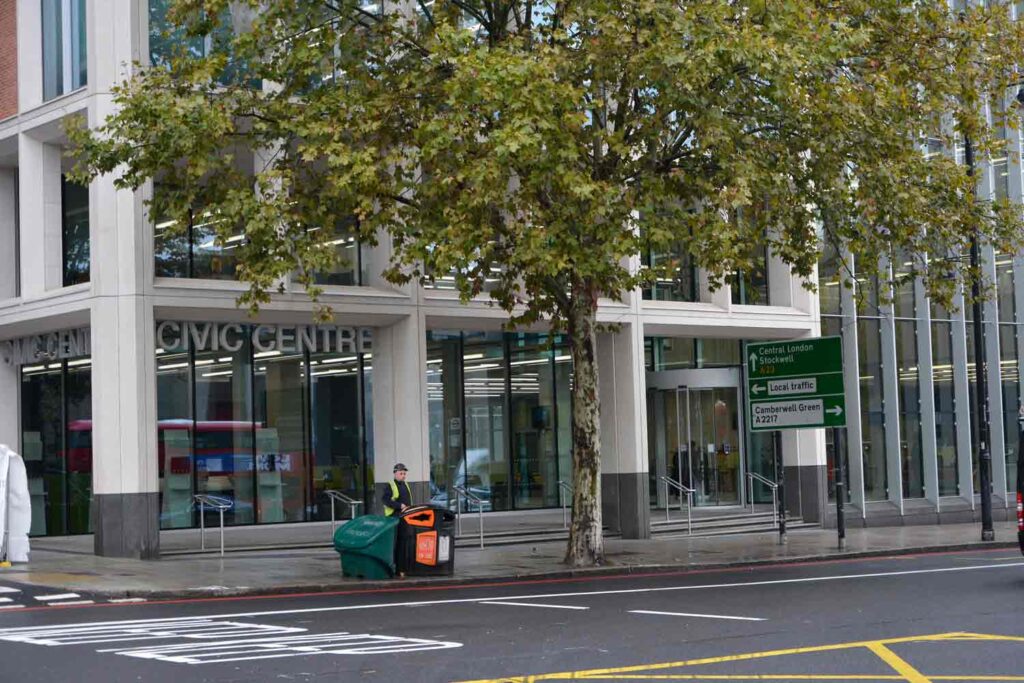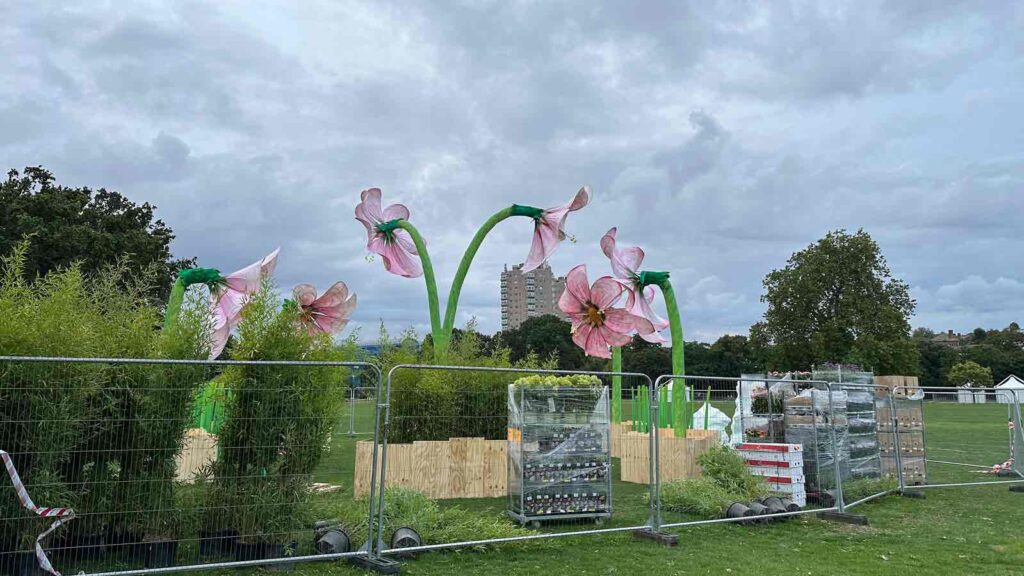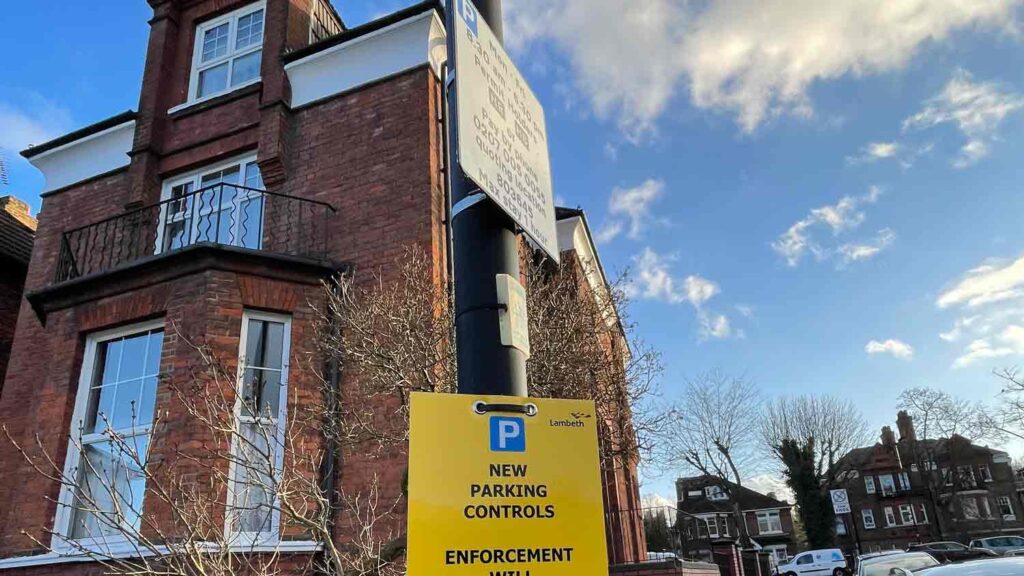
Lambeth council is considering increasing its income from parking and events in parks and consulting on reducing the number of children’s centres in a bid to save £50m towards a funding gap of £69m caused by the demand for emergency housing.
Proposals due to be considered on 9 December also dimming streetlights during the middle of the night, renting out space in council offices and the use of artificial intelligence ‘to automate processes’.
“This is the worst funding crisis that the council has ever faced,” said David Amos, council cabinet member – finance and cost of living.
“We need to be open with residents that saving this amount isn’t possible without having a major impact on the services people rely on.”
He said the need to find the savings is driven by more than a decade of austerity and underfunding by previous central governments, rising inflation “and demand for public services biting down hard on the financial sustainability of local government services”.
Emergency housing for families in the borough alone costs the council more than £250,000 a night, Amos said. It is “a direct result of the national housing crisis which impacts places like Lambeth most of all,” he added.

The council is being forced into “impossible choices” because it is legally required to fund these services and legally required to set a balanced budget, he said.
The report to be considered by the council cab net says that providing suitable temporary accommodation for households that are homeless and have a priority need is a statutory duty.
However, the report says, the rising cost of temporary accommodation is becoming unsustainable, both locally and nationally. Between 1 April 2023 and 31 March 2024, Lambeth saw a 16% increase in households needing temporary accommodation, compared to a 12% rise nationally and an 8% rise across London. In addition, the rates paid for these placements increased by 14%. This demand and increase in rates have continued into 2024/25 with expenditure forecast looking to exceed £100m this year.
Lambeth’s core government funding has reduced by 34% per cent in real terms since 2010, despite population increases, rising demand for social services and increased responsibilities from central government.

Faced with an unprecedented demand for services, including temporary accommodation which is now costing £90m a year – £29m over the budget forecast, the council must make savings of more than £69m over the next four years, Amos said.
The council said it has already taken urgent action to deal with a projected overspend of £34m this year which is driven largely by demand for temporary accommodation which is up by a third since 2023.
This has included emergency spending controls, which include reviewing all recruitment and non-essential spend, ending agency placements, and ending consultancy and advisory contracts unless they deliver essential services for residents, the council said.
However, said the council, the continued rise in demand-led services like housing and social care and rising inflation means that it faces having to cut vital services for residents in the next two years, with services likely to be cut back to legal minimum levels, unless there is further government support to councils that are facing unprecedented demand pressures.
“We are proud that we have managed to maintain funding for vital services that support vulnerable residents, from our major cost of living support package and services that support care leavers to refuge beds for women and girls who are victim to violence and domestic abuse,” said Cllr Amos.
“Our aim is to maintain those services but the financial situation we face is stark and substantial, and without more government support councils face impossible choices about their future.”
Read the full report at bit.ly/LBL-cabinet-091224






